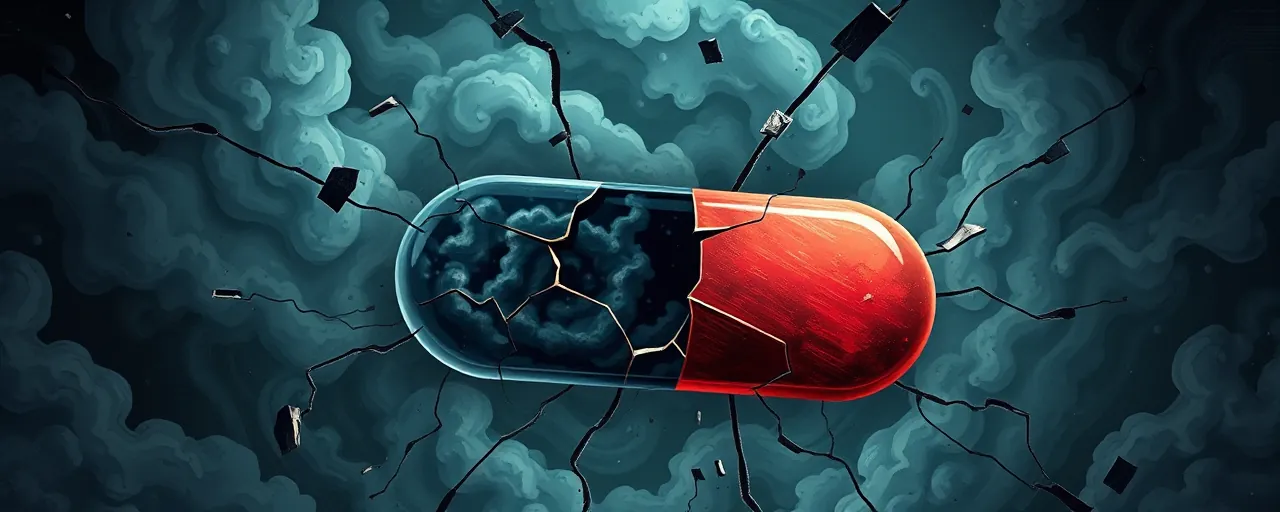A Crisis Fueled by Corporate Greed
The opioid epidemic has torn through American communities, leaving a trail of shattered lives and grieving families. On April 7, 2025, California Attorney General Rob Bonta announced a seismic victory against one of its architects: Mylan Inc., now part of Viatris. This pharmaceutical giant, known for producing fentanyl patches and other potent opioids, has agreed to a multistate settlement worth up to $335 million. It’s a reckoning long overdue, a chance to claw back resources for those ravaged by addiction, and a signal that justice can prevail against corporate indifference.
For years, Mylan peddled its drugs with a veneer of safety, assuring doctors its products were less prone to abuse. The reality? A stark betrayal. Evidence uncovered by a coalition of state attorneys general reveals the company knew its fentanyl patches, oxycodone, and other opioids were dangerously vulnerable to misuse. Yet, it pressed on, marketing directly to physicians and flooding the system with prescriptions that spiraled into the illegal drug market. This wasn’t a misstep; it was a calculated choice to prioritize profit over human lives.
The human toll is impossible to ignore. Families have buried loved ones lost to overdoses from diverted fentanyl patches, some scavenged from medical waste or even corpses. Mylan’s actions didn’t just enable addiction; they turned a medical tool into a public safety crisis. Now, as the nation grapples with this ongoing tragedy, this settlement offers a glimmer of hope, a step toward accountability that could fund the healing so desperately needed.
Holding Power to Account
This $335 million payout, spread over nine years, isn’t just a financial penalty; it’s a lifeline. States like California, Illinois, and New York, alongside a bipartisan coalition of attorneys general, fought for this outcome. The funds will bolster treatment programs, expand prevention efforts, and distribute overdose reversal drugs like naloxone. It’s a pragmatic response to a crisis that has claimed hundreds of thousands of lives, one that echoes the Biden administration’s National Drug Control Strategy with its focus on harm reduction and equity.
Mylan’s not alone in facing this scrutiny. Look at Purdue Pharma, whose relentless promotion of OxyContin ignited this epidemic decades ago, or the $26 billion settlement with Johnson & Johnson and major distributors in 2021. These victories stem from a growing recognition that pharmaceutical giants bear responsibility for the chaos they’ve sown. Attorneys general across the country have united, pooling resources to extract billions for recovery efforts, proving that collective action can challenge even the most entrenched corporate power.
Critics, often defenders of unchecked markets, argue these settlements burden businesses and stifle innovation. They’re wrong. Mylan’s innovation wasn’t in drug development; it was in deception, crafting a narrative that masked the risks of its fentanyl patches, which retain over 50% of their drug content even after use. Holding companies accountable doesn’t kill progress; it demands progress that doesn’t come at the expense of human lives. The alternative, letting them off the hook, has already cost us too much.
This fight traces back to the 2010s, when bipartisan efforts like the SUPPORT Act of 2018 and the Comprehensive Addiction and Recovery Act of 2016 laid the groundwork for today’s push. Those laws expanded access to treatment and prevention, reflecting a rare unity in a divided nation. Today’s settlement builds on that legacy, showing that when the stakes are this high, ideology takes a backseat to results.
Still, the battle’s far from over. The Supreme Court’s rejection of Purdue’s $6 billion bankruptcy deal, which would’ve shielded the Sackler family from liability, sets a precedent: personal accountability matters. Mylan’s executives shouldn’t rest easy either. If we’re serious about ending this crisis, the C-suite can’t hide behind corporate veils while communities bleed.
A Path to Healing, Not Just Punishment
What makes this settlement resonate isn’t just the dollar figure; it’s the purpose behind it. Every cent directed to treatment and prevention is a chance to save a life, to break the cycle of addiction that Mylan helped perpetuate. The fentanyl patch crisis, with its high residual drug content and ease of diversion, demands solutions like safe disposal programs and better prescribing oversight. This money can make that real, turning abstract policy into tangible help for struggling families.
The opioid epidemic doesn’t care about party lines, and neither can we. Bonta’s right: it’s hit every corner of society, from rural towns to urban centers. That’s why this bipartisan coalition matters, why the reauthorization of State Targeted Response grants and the OPIOIDS Act of 2025 matter. We need data, resources, and resolve to outmatch the greed that fueled this disaster. Mylan’s payout is a start, a loud declaration that those who profit from pain will pay to fix it.
